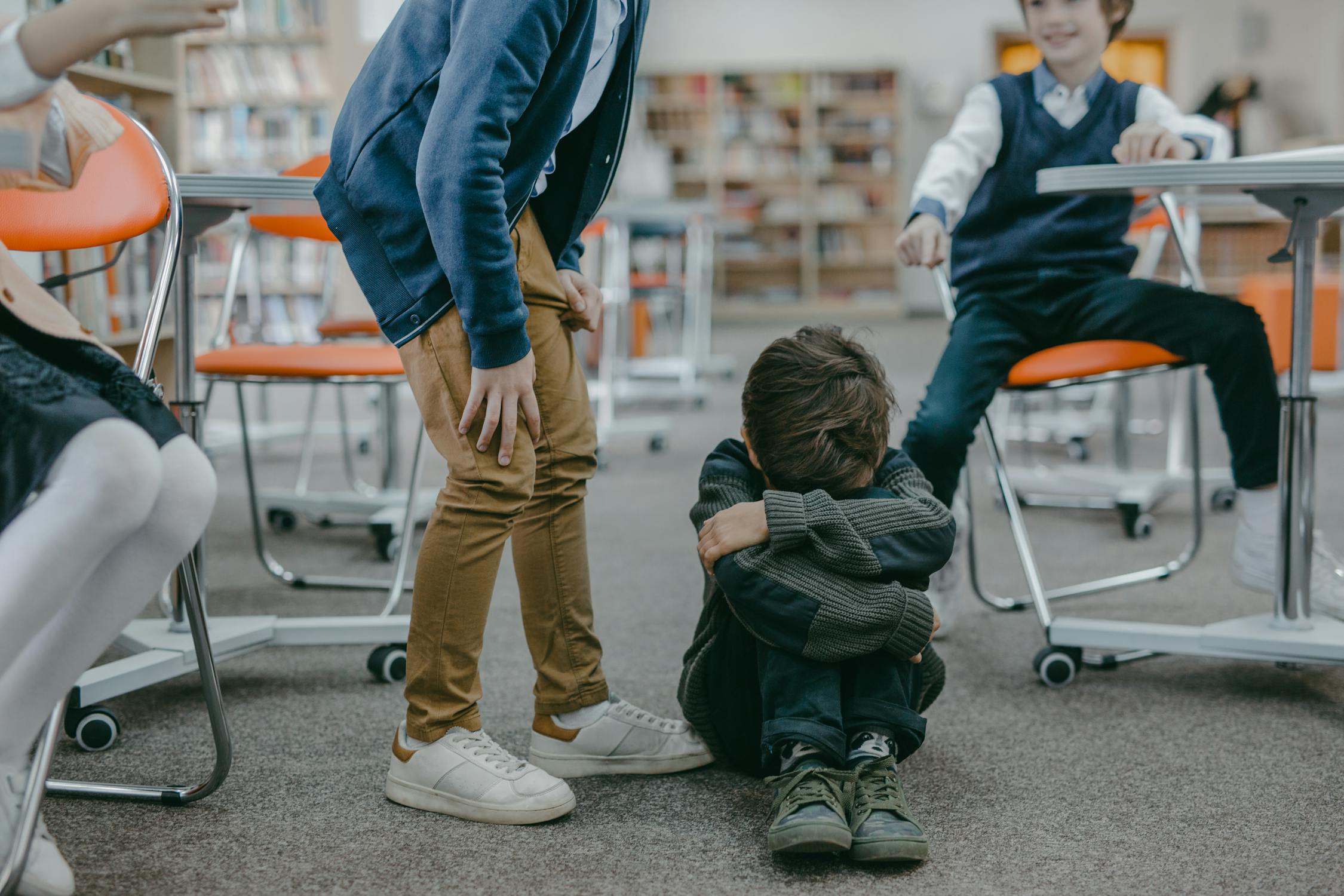In the digital age, social media has become an integral part of our daily lives, revolutionizing the way we connect and communicate. While social media platforms offer numerous benefits, there is growing concern about their impact on mental health. This article explores the complex relationship between social media and mental well-being, shedding light on the potential negative effects and emphasizing the importance of maintaining a balanced approach to digital engagement.

I. Social Media and Psychological Well-being
1. Comparison and Self-Esteem:
Social media platforms often present a curated version of people’s lives, leading to constant social comparisons. Comparing oneself to others can fuel feelings of inadequacy, low self-esteem, and a distorted sense of reality. Research suggests a correlation between excessive social media use and increased levels of depression, anxiety, and body dissatisfaction.
2. Fear of Missing Out (FOMO):
The constant exposure to others’ seemingly exciting lives and experiences can trigger FOMO, a pervasive sense of anxiety or fear of missing out on social events or opportunities. FOMO can lead to increased stress levels, reduced life satisfaction, and a constant need for validation or approval through social media engagement.
3. Cyberbullying and Online Harassment:
Social media platforms can become breeding grounds for cyberbullying and online harassment. Victims of cyberbullying often experience adverse psychological effects, including depression, anxiety, and suicidal ideation. The anonymity and distance provided by online platforms can amplify the impact of such negative interactions, leading to significant mental distress.
II. Social Media and Emotional Well-being
1. Impact on Sleep Patterns:
The use of social media, particularly before bedtime, can disrupt sleep patterns. The blue light emitted by screens, coupled with stimulating content, can interfere with the body’s natural sleep-wake cycle. Sleep deprivation or poor sleep quality can contribute to mood disturbances, reduced cognitive function, and heightened emotional reactivity.
2. Validation and Self-Worth:
Social media platforms often encourage seeking validation through likes, comments, and shares. The pursuit of external validation can lead to a reliance on social media for self-worth, creating a cycle of seeking approval and anxiety when expectations are not met. This can negatively impact emotional well-being, fostering feelings of insecurity and inadequacy.
3. Social Isolation and Loneliness:
Paradoxically, excessive social media use can contribute to social isolation and feelings of loneliness. While online connections can provide a sense of belonging, they often lack the depth and quality of real-life interactions. Excessive time spent on social media can detract from face-to-face social interactions, leading to feelings of disconnectedness and increased risk of mental health problems.
Conclusion:
Understanding the influence of social media on mental health is crucial for maintaining a healthy digital balance. While social media platforms offer numerous benefits, it is important to be aware of their potential negative impacts on psychological well-being. Being mindful of one’s social media usage, setting boundaries, and practicing self-care offline can help mitigate the potential adverse effects. Additionally, fostering a supportive and positive online environment, advocating for responsible digital citizenship, and seeking professional help when needed are essential steps toward promoting mental well-being in the digital era.
